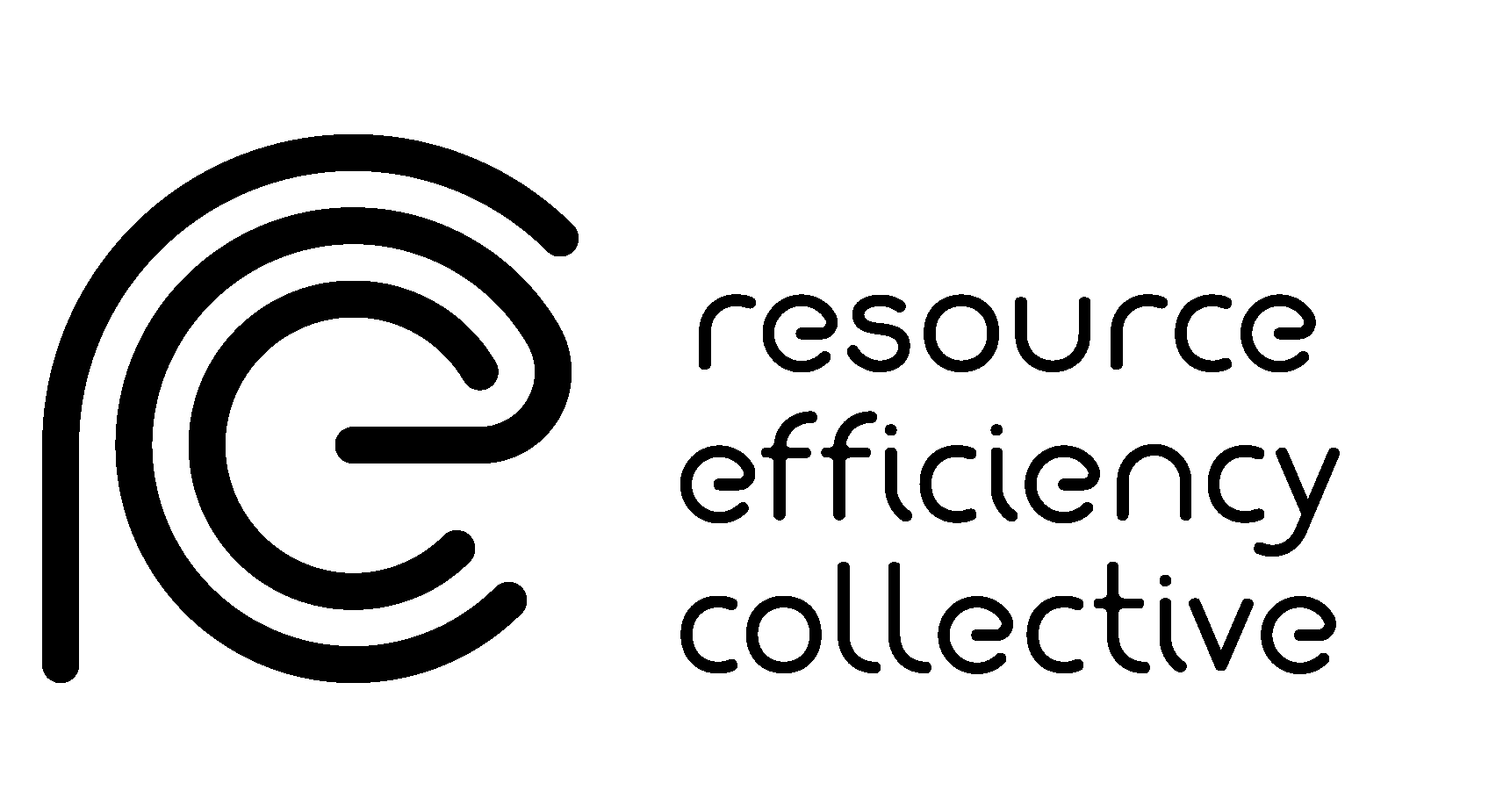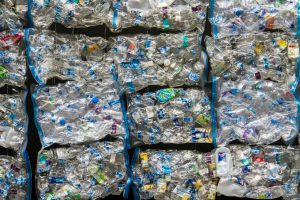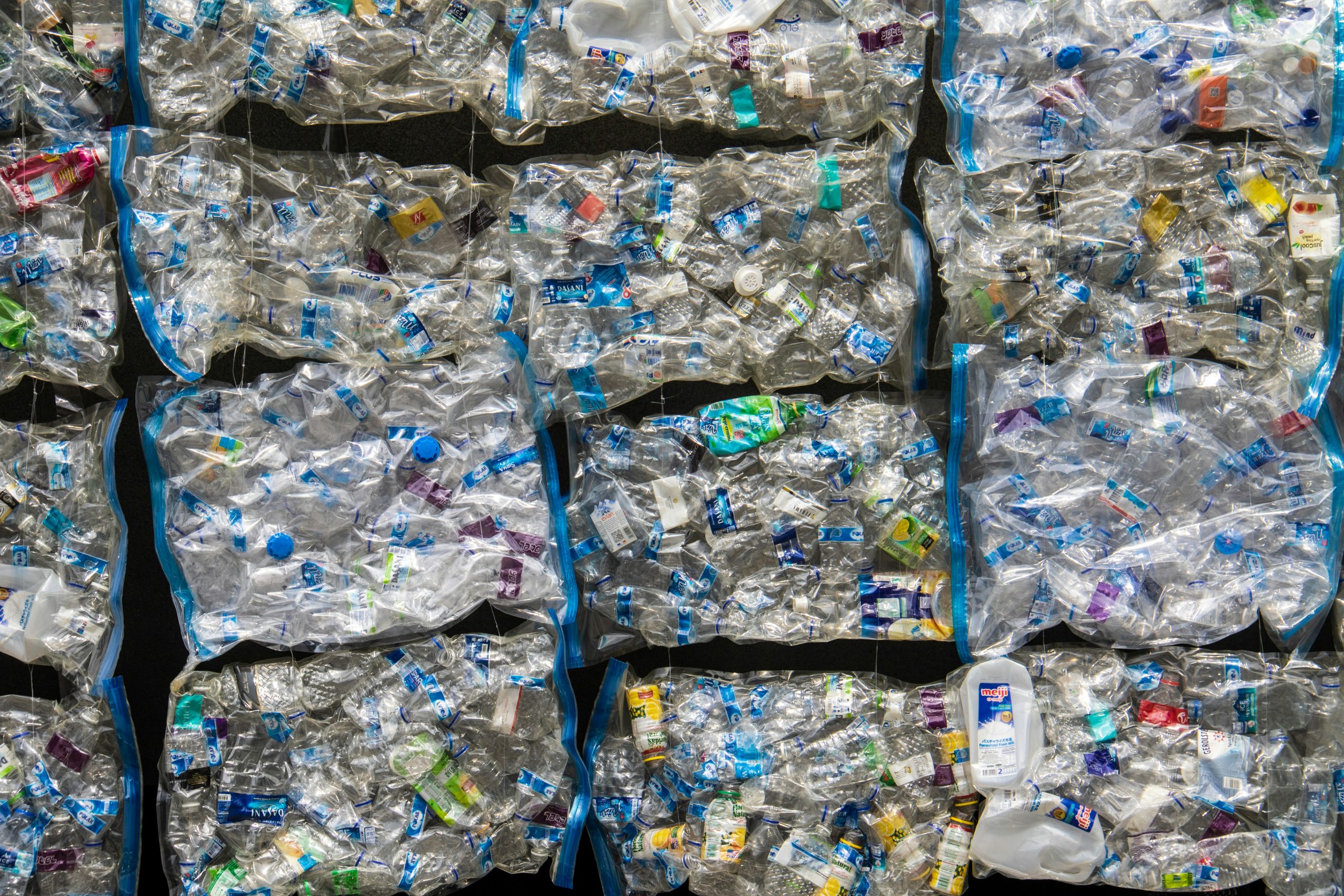Bioethanol from autoclaved municipal solid waste: Assessment of environmental and financial viability under policy contexts
Globally, 2.01 billion tonnes of municipal solid waste (MSW) were generated in 2016, about 37% of which was disposed of into landfills.
The study develops systematic models to comprehensively understand the technical, environmental and financial impacts of bioethanol production from autoclave pre-treated MSW and evaluate four microorganisms (i.e., Saccharomyces cerevisiae, Zymomonas mobilis, Escherichia coli, Schizosaccharomyces pombe)) to robustly grow on this complex feedstock and produce bioethanol. The overall environmental impacts (i.e., primary energy demand and GHG emission) and investment case using net present value (NPV) are evaluated across the integrated unit operations, including autoclave, hydrolysis, fermentation, and distillation sited in the UK.
The study follows current UK, EU and US renewable fuel policies within the context of sustainability frameworks by considering alternative system boundaries, allocation approaches, waste disposal gate fees and renewable fuel incentives, providing a global perspective on the viability of ethanol production from MSW via autoclave pretreatment.
Experimental screening of four different microorganisms (i.e., S. cerevisiae, Z. mobilis, E. coli, and S. pombe) and process modelling indicate that MSW-derived ethanol can significantly reduce greenhouse gas emissions relative to gasoline (84% reduction following EU Renewable Energy Directive accounting methodology, and by 156–231% reduction following the US Energy Independence and Security Act methodology). Utilisation of wastes for biofuel production in the UK benefits from policy support and financial support for renewable fuels (Renewable Transport Fuel Certificates). Financial analysis highlights that microorganisms achieving higher ethanol yield and productivity (S. cerevisiae and Z. mobilis) can achieve financial viability with higher cumulative net present value than E. coli, S. pombe. However, the positive net present value can be achieved primarily due to the benefit of gate fees received by diverting wastes to autoclave and ethanol production (64% of total revenues), rather than from revenues from ethanol sales (7% of total revenues).
Key process improvements must be achieved to improve the financial viability of ethanol production from MSW and deliver a clear advantage over waste incineration, specifically improving hydrolysis yield, reducing enzyme loading rate and, to a lesser extent, increasing solid loading rate.
The results provide significant insights into the role of policy and technology development to achieve viable waste-to-biofuel systems.
Read the full paper by Fanran, Aritha Dornau, Simon J. Mcqueen Mason, Gavin H. Thomas, Alex Conradie and Jon McKechnie here.
Photo credit: Antoine Giret












